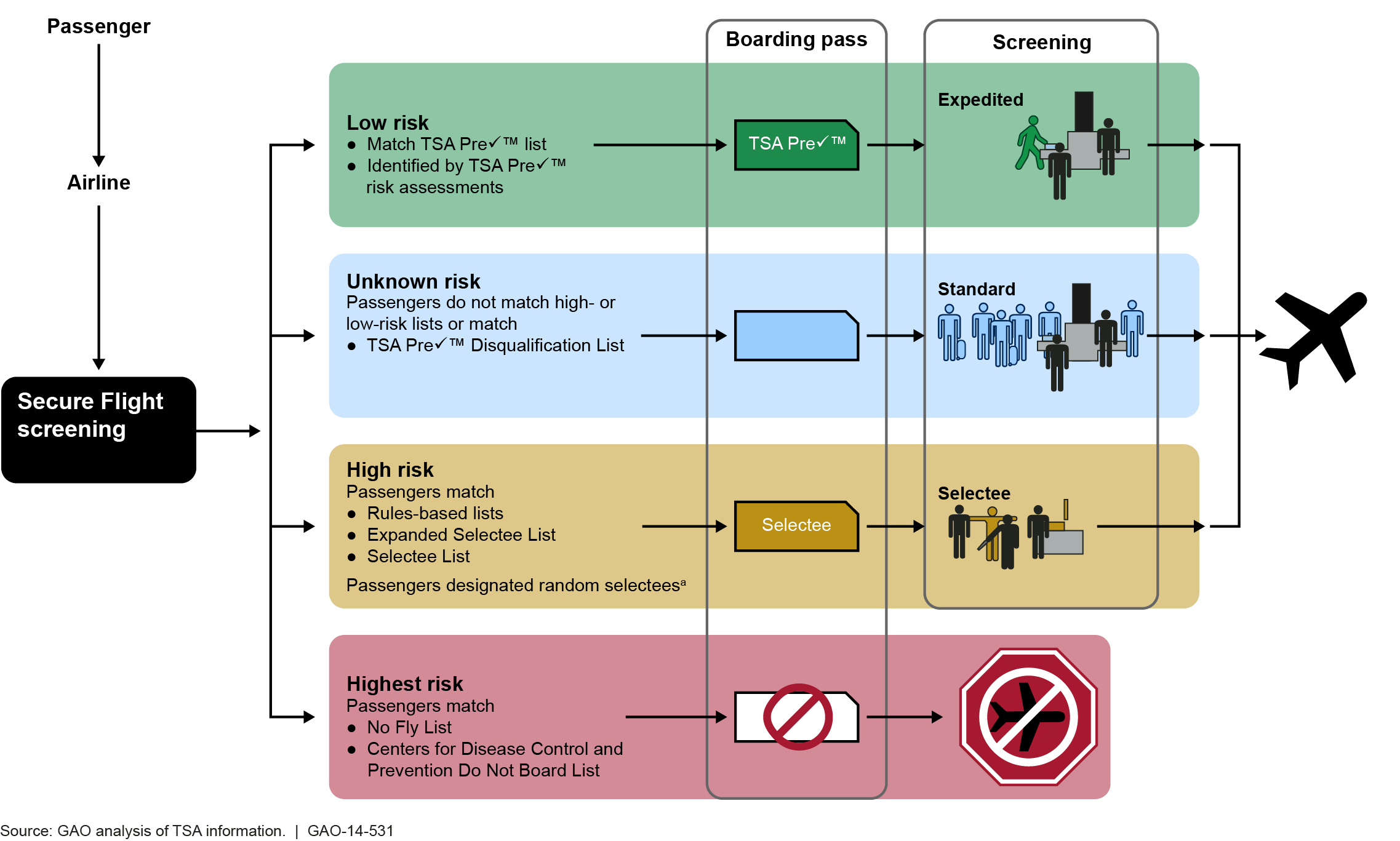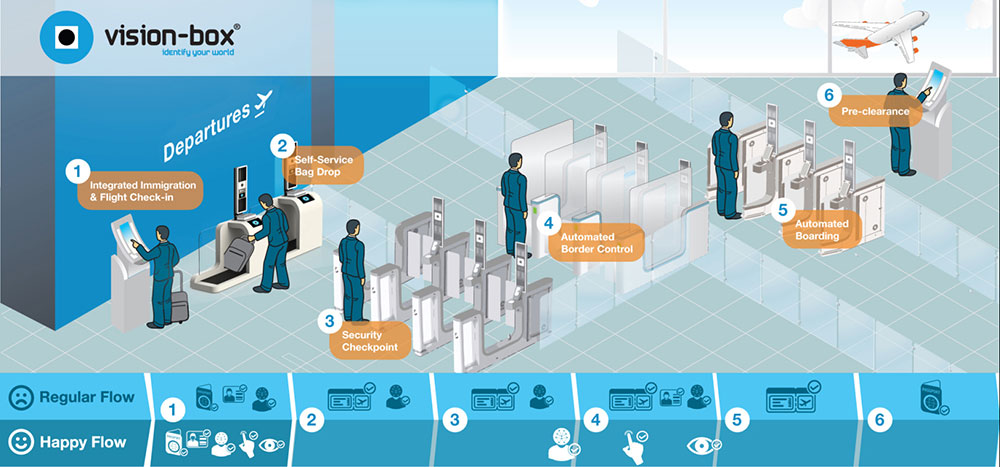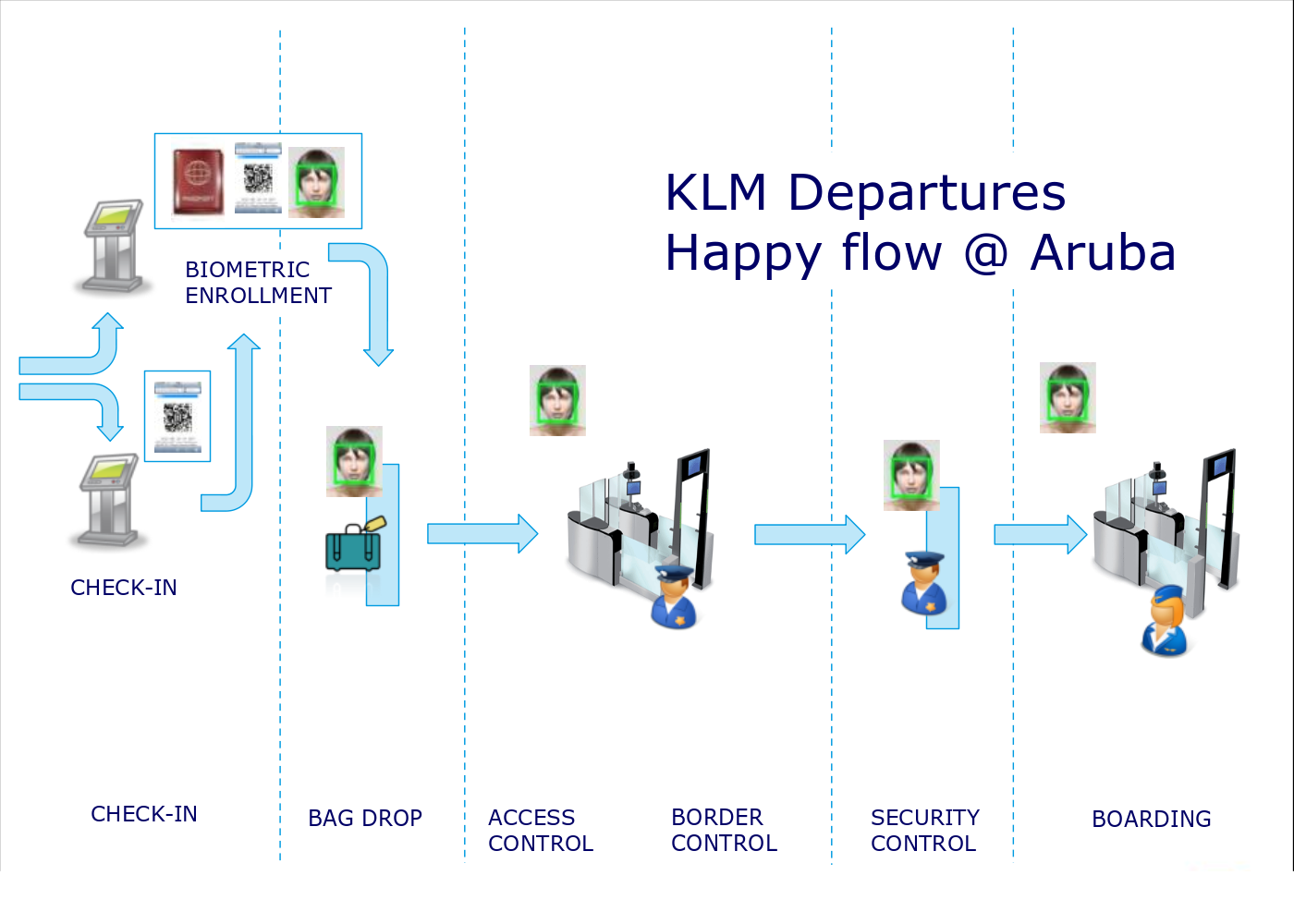11th Circuit Court of Appeals panel kowtows to TSA
By a vote of two judges to one, a panel of the 11th Circuit Court of Appeals has declined to consider a petition by Jonathan Corbett for review of the TSA’s use of virtual strip search machines and “enhanced patdowns” (genital groping), and has opined that if the court were to consider Mr. Corbett’s petition, it would deny it.
If that sounds irregular, it should. Normally, once a court has found a reason it doesn’t need to decide a case on its “merits”, but can resolve it on procedural or jurisdictional grounds, judicial economy dictates that the court won’t issue any opinion on issues it doesn’t have to reach.
In this case, the two judges in the panel majority went out of their way to erect as many barriers as possible to future court challenges to TSA actions, in contravention of normal principles of appellate adjudication and over a cogent dissent, on exactly these grounds, by the third member of the panel.
The ruling on the “merits” of the petition, while bad, is not unprecedented: Every other petition for Court of Appeals review of the TSA’s virtual strip-search practices has already been dismissed. That’s largely because Congress has directed the Courts of Appeals to limit their “review” of TSA orders to the “administrative record” supporting the TSA’s actions, as provided to the court by the TSA itself, and to treat any “findings of fact” by the TSA, “if supported by substantial evidence” (and even if controverted by more persuasive evidence) as “conclusive”.
Conclusory declarations by TSA employees, not subject to cross-examination and allegedly based on secrets not in the record (“if you knew the secrets we know but can’t reveal, you’d agree with us”) are almost always deemed sufficient to constitute “substantial” evidence for this purpose.
In other words, the TSA gets to tell the Court of Appeals which evidence to consider, and what factual conclusion to draw from it. Given that the TSA is allowed to make up the facts to suit its own interests, and submit them to the court in secret, it’s scarcely surprising that the decisions made by the Courts of Appeal on the basis of those “conclusive” factual claims by the TSA are almost invariably in the TSA’s favor.
If you think that’s unjust, ask Congress to change this law and support those who argue to the courts, especially the Supreme Court, that this law is unconstitutional.


